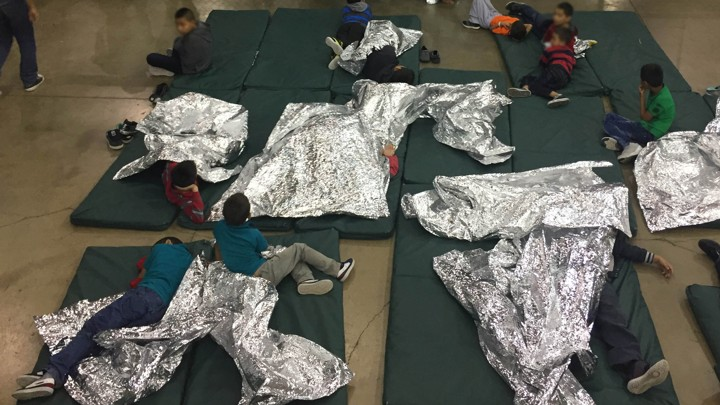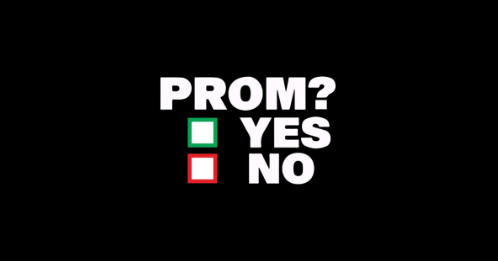Actions have consequences – even in politics
From the 2016 Election onward, there’s been an increasing number of calls for civility from various talking heads in the media. They generally say that politics has increasingly intruded into American life, and as a result, people who disagree on politics are more divided than ever, and that people need to put their political disagreements aside and order will be restored. This idea may sound nice to some, but it doesn’t make sense under scrutiny.
It’s true that a significant number of people have started paying attention to politics since the Trump election, but this should be seen as a good thing – the only negative part being that people didn’t care about politics as much beforehand. Politics has always affected people’s lives, and many of the controversial policies of the Trump administration (such as the United State’s relationship with Saudi Arabia) existed in some form under previous Democratic and Republican administrations. It’s also good that people are extending their involvement in politics beyond just voting once every election. The lobbyists who donate large amounts of money to political campaigns certainly don’t limit themselves to voting, and this has an effect. According to FiveThirtyEight, the House candidates whose campaigns spent more money won over 90% of the time between 2000 and 2016.
While there were plenty of intense moments in American politics before Trump’s election – such as the growth of white supremacist groups like the KKK after Barack Obama was elected in the 2008 election, or the mass shooting at a black church by a white supremacist in June 2015 that killed 9 church-goers – it ‘s true that the American political environment has become more heated since the 2016 Election. However, the dismay over this suggests that politics is just a harmless game (similar to a debate over whether Star Wars or Star Trek is better), rather than something that actually affects people’s lives.
The family separation policy controversy earlier in 2018 is a good example of how politics can affect people. Between April and May 2018, 1,995 minors were separated from their families at the border between the U.S. and Mexico, including over 100 under 4 years old, with the explicitly-stated goal of deterring border crossings. This policy was condemned by the American Academy of Pediatrics and the American Psychiatric Association, along with 13,000 mental health professionals, due to its severe physiological effects on young children. These include killing dendrites [branches in brain cells that transmit messages] and eventually neurons in children’s’ brains, leading to long-term brain damage and psychological issues. Nobody is obligated to coddle the people who think separating children from their families and detaining them from seeking asylum and fleeing countries (destabilized by decades of C.I.A intervention in Latin America) is okay by associating with them, and this certainly isn’t a minor disagreement to the people directly affected. When Department of Homeland Security Secretary Kirstjen Nielsen was heckled by protesters in a restaurant over her role in this policy the myth that politics is somehow separate from the rest of one’s life was re-aired. Under the logic of this obsession with civility the mild inconvenience of someone’s dinner being interrupted is treated as worse than having a role in separating children from their parents and causing physiological damage, and people would be expected to remain friends with someone who supports the deportation of their family. While discussion can effectively change minds, there’s a point when it becomes futile. It would be more effective for people to lose friends as a consequence of knowingly supporting policies that are actively harming large groups of people. Perhaps this kind of social pressure will encourage them to reconsider their views. That’s not to say people should be at each other’s throats whenever they disagree about politics, but that it’d be better if people here at South Lakes stood with the people being harmed by current events rather than the people advocating that harm.
While many have said the U.S. desperately needs “unity” right now, the people saying this never give a concrete explanation of what unity would actually look like, and probably could not think of one if asked. These calls for unity can therefore be interpreted as calls to accept one’s current circumstances and not do anything to change them for better or for worse.
Valuing civility and order over morality has allowed great atrocities throughout history, and it’d be better for people to at least debate issues that matter – rather than do nothing and allow these abominations to be repeated. As the philosopher Karl Popper said, “If we extend unlimited tolerance even to those who are intolerant, if we are not prepared to defend a tolerant society against the onslaught of the intolerant, then the tolerant will be destroyed, and tolerance with them.”
















